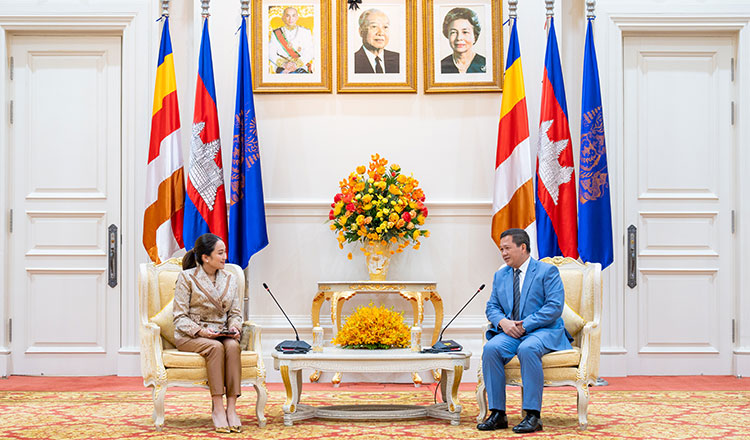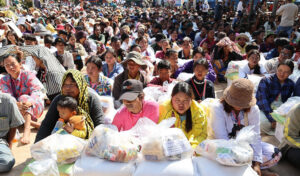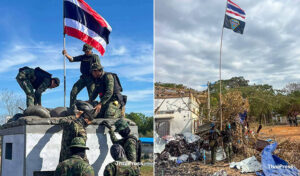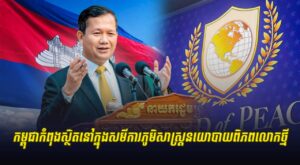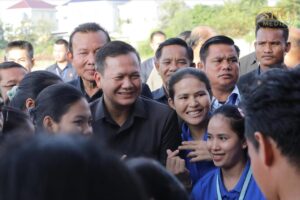Opinion: Rebutting the Misinformation: Cambodia’s Commitment to Peace, Not Interference
Khmer Times | Thailand’s recent accusations against Cambodia—alleging “interference” and “provocation” in the ongoing border dispute—are both misleading and counterproductive. At a time when de-escalation and diplomacy are urgently needed, such claims only deepen mistrust. Cambodia has remained steadfast in its commitment to peaceful dispute resolution, respect for international law, and protection of its sovereignty. Yet the Thai narrative, echoed in the July 2 article by Khaosod English, misrepresents Cambodia’s actions and conveniently ignores Thailand’s own provocations.
Criticism Is Not Interference
Cambodian voices—from citizens to leaders—have expressed legitimate frustration and sorrow, especially following the tragic killing of a Cambodian soldier during the May 28 incident. These reactions are grounded in reality, not political meddling. Expressing concern over Thailand’s actions—particularly military aggression and unilateral border measures—is not interference in domestic affairs, but a defense of national interest. Harsh rhetoric may be uncomfortable, but it is a natural response to repeated violations and the failure of bilateral mechanisms.
A Legal Dispute Thailand Refuses to Resolve Peacefully
Cambodia has consistently advocated for resolution through the rule of law, specifically via the International Court of Justice (ICJ). This is not interference—it is international legal order in action. Thailand’s refusal to engage with this process, while clinging to a long-stalled Joint Boundary Commission, suggests avoidance rather than a genuine commitment to resolution. If Thailand believes its position is just, why resist adjudication by a neutral international court?
Cambodia’s efforts to clarify the legal status of Tamone Thom, Tamone Touch, Ta Krabey, and the Momei area are based on its successful legal experience with the Preah Vihear case. That case proved the value of judicial clarity over political impasse. Both nations—and their peoples—would benefit from similar clarity in the current disputes.
Who Truly Escalated First?
While Thai media casts Cambodia as the provocateur, it was Thailand that unilaterally closed border checkpoints, deployed troops, and openly threatened economic retaliation—including cutting electricity and internet services. These are not defensive measures; they are aggressive levers of pressure. Cambodia’s responses—such as restrictions on certain imports and Thai cultural content—were symbolic and restrained. They were designed to uphold national dignity, not to escalate conflict.
A Path Forward: ASEAN Principles Must Be Mutual
Despite the provocations, Cambodia remains committed to ASEAN’s founding principles: peaceful dialogue, non-interference, and regional cooperation. But these values must be applied consistently. Thailand cannot selectively invoke the ASEAN Charter while undermining it through unilateral military and economic actions.
It is time for Thailand to return to the peace and international law—not with accusations or media campaigns, but with sincerity and respect for legal mechanisms. Only through dialogue grounded in facts and international law, not force, can we move toward a stable, mutually respected border and a peaceful future for both nations.
By Roth Santepheap, Geopolitical Analyst based in Phnom Penh, Cambodia.
The views and opinions expressed are his own.

